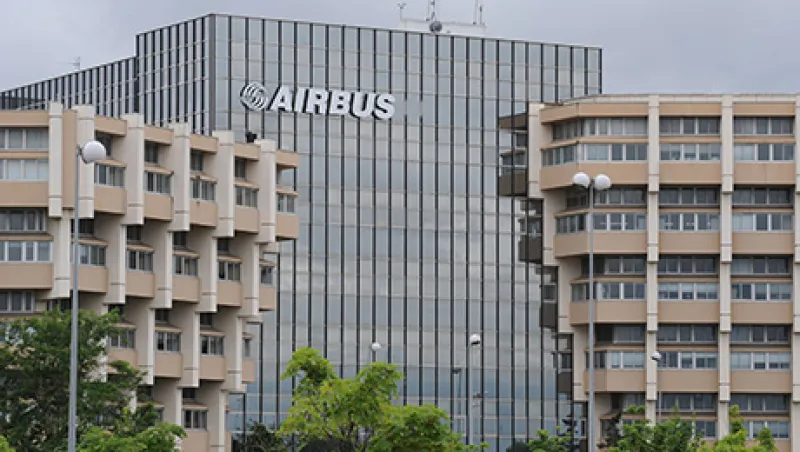John (Jay) Rogers Jr., CEO and co-founder of Phoenix-based start-up Local Motors, was sitting in the desert in 2004 as a Marine on his last tour in Iraq when he decided he wanted to go home and create a new kind of car company — one that would build a new kind of vehicle. “I was thinking about how much oil we were pulling out of the ground,” he says. “I thought, if we can make cars differently, we can get off the oil habit. We can change the world through something that I love, which is the vehicle.”
Rogers developed a vision of doing everything about cars differently. He didn’t want to concentrate solely on the power train, a frequent focus of innovative efforts. Instead, he wanted to remake the sensors, the materials, safety, comfort, usability — all of it. He decided he would start by rethinking how vehicles get made in the first place.
That desire to approach manufacturing from a brand-new direction is what makes Local Motors, the start-up Rogers would go on to found in 2007, a perfect fit as the first portfolio company of Airbus Group Ventures, the new venture capital arm of the Netherlands-based aerospace behemoth. Airbus Group CEO Thomas Enders has committed $150 million to the venture arm’s first fund and installed Tim Dombrowski, formerly a partner at $4.2 billion Silicon Valley VC firm Andreessen Horowitz, as its head. Enders’s charge to Dombrowski: Find the technologies and start-ups that are poised to disrupt the aerospace industry.
“What happens in research and development organizations is typically incremental innovation on top of existing products,” says Dombrowski, who spent much of his early career in design engineering and program management focused on commercial aircraft, defense, satellite and unmanned aerial vehicle programs at Boeing, Northrop Grumman, Sikorsky and United Technologies. “A real disruption might not happen there; that’s what’s great about what [Airbus] is doing.”
Dombrowski is focusing on early-stage growth investments, adding that he’s looking into angel and seed investments too. “That [earlier stage] would be a very small segment of what we want to do, but there are too many things that are interesting there to pass them up,” he says. Although Dombrowski won’t comment specifically on how much the firm plans to invest in each company or how many investments its first fund intends to make, he says he wants to make sure it has enough reserves set aside for a possible follow-on round in each of the start-ups in which it invests.
The Airbus Ventures chief first heard about Local Motors while doing research around advanced manufacturing, an area that includes 3-D printing. “Local Motors kept popping up,” Dombrowski says. As he learned more about the company, he found he was most interested in its embrace of crowdsourced engineering to solve seemingly unsolvable problems. A “recovering engineer,” as he describes himself, the former HP Software and Opsware executive says he believes the mentality Local Motors models — loosening the tight, secretive grip on intellectual property and soliciting feedback from engineers outside of the company in the interest of bringing good ideas to market quickly — could be game-changing. Given that Airbus Group CEO Enders is eager to speed up the process by which his 136,000-employee organization brings new innovations to market, the investment makes sense.
Local Motors’ Rogers first heard about crowdsourcing through a company called Threadless, which sells T-shirts printed with designs submitted by independent artists. The model made him curious: What would happen if a vehicle company posed a challenge to engineers sitting at home on their computers — say, how to create a 3-D-printed automobile — and crowdsourced possible solutions? Having worked for a medical device manufacturer in China briefly before joining the Marines, Rogers also wondered why the automotive industry remained so steeped in mass manufacturing, when new technologies, like 3-D printing, made possible distributed microfactories (specialized facilities focused on prototyping and producing a small batch of products at a rapid pace).
Rogers created Local Motors as a platform that would incorporate both crowdsourcing and distributed microfactories — thereby, he hoped, courting disruption within sea, land and air vehicles, as well as appliances. Local Motors has partnered with General Electric Co., for example, to source ideas online from engineers to improve upon existing GE products and prototype new ideas. The most popular innovations will be built and tested in a new microfactory. Local Motors has also established a commercial partnership with Airbus — in a deal separate from the venture investment — to help develop the aerospace company’s drones using the same process.
The investment from Airbus Ventures will likely be used by Local Motors to develop a new microfactory in Germany and laboratories that bring together engineers to collaborate both online and in person. Dombrowski says his team — which includes himself and two other investment partners —will play a close advisory role with Local Motors, and board seats are still being discussed.
As he searches for Airbus Ventures’ next investment, Dombrowski is both bowed and energized by the scope of his mandate, which includes any technology or system that could prove accretive to any of the products within Airbus Group. Commercial aircraft is a particular area of interest — given that it represents 70 percent of Airbus’s revenue — but military aircraft, helicopters, launch vehicles, rockets, unmanned air vehicles (or drones) and satellites are also promising. Technology that touches on any of those areas could include engines of all kinds, avionics, aircraft software systems, sensors to feed into the Internet of Things, analytics to analyze those data, materials like aluminum composites and even in-flight entertainment. Dombrowski says he’s happy to have been granted full independence from Airbus, which means he can make investment decisions quickly, without reporting to any higher-ups within the company.
“There’s no more exciting time to be starting a venture business,” says Dombrowski, noting that private markets are softening. “This is going to be good for us.”
Read more on corporations.






